

Udupi: Buddhist Settlement and Dubare Elephant Camp-Destinations of Lions Club Moodubelle Tour of Ma
By Eugene DSouza, Moodubelle
Bellevision Media Network
Udupi, 31 Oct 2015: Annual picnic or tour being one of the important events in the calendar of the activities of the Lions Club of Moodubelle, this year the members chose a trip to Madikeri, the headquarters of Kodagu (Coorg) district to be organized at the end of the month of October. Though originally the tour was fixed for three days, due to unavoidable circumstances it was cut short by one day, leaving two days for the journey to and fro and sightseeing. Hence, we had no other option but restrict our tour to two of the most important tourist destinations, namely, Buddhist refugee settlement at Bylakuppe and Dubare Elephant Camp. However, during the journey we could see and enjoy the beautiful green landscape of Kodagu and its pleasant and cool climate.
Fifteen members of Modubelle Lions Club started our journey in a mini-bus on 29 October 2015 at 10 am and took the route via Mangalore, BC Road and Sullia. As we had carried lunch, we were looking for a suitable location to eat and at around 2 pm as the vehicle was ascending the western ghat we spotted fresh water stream flowing through a rubber plantation and halted for brief rest and lunch. As three ladies were arranging for lunch, men went down to the stream for a wash and one of the members, Vinod Castelino managed to catch a rock crab which he displayed proudly. Others too tried to hunt for crabs and succeeded in capturing two more.
Having finished our lunch and brief rest, we hit the road once again and proceeded towards Madikeri. As the vehicle meandered through the curves and bends of the Western Ghats, the climate became much cooler and soothing after having experienced humid hot climate of the coastal region. At around 4.30 pm, we reached our night halt destination “Ashiyana Home Stay” at Kaggodlu Village on Madikeri-Virajpet Road, around six kilometres from Madikeri where we freshened up and rested for a while.
As it was getting darker and cooler, the staff of the home stay lighted fire-wood in a specially arranged fire-pit around which the members sat to warm up in body and spirit. The dinner comprised of rice, tomato soup, fried fish, prawns masala and pork cooked in a typical Coorgi style which was enjoyed by everyone.
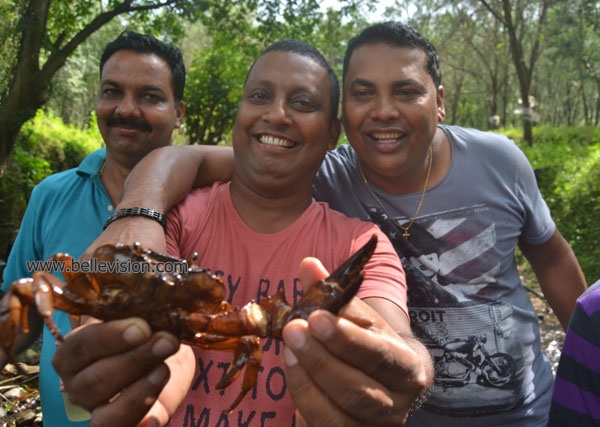
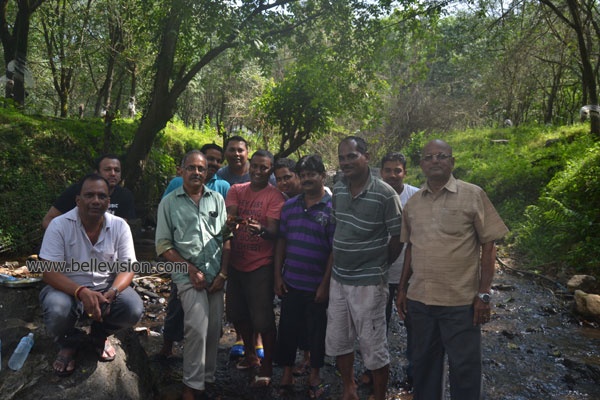
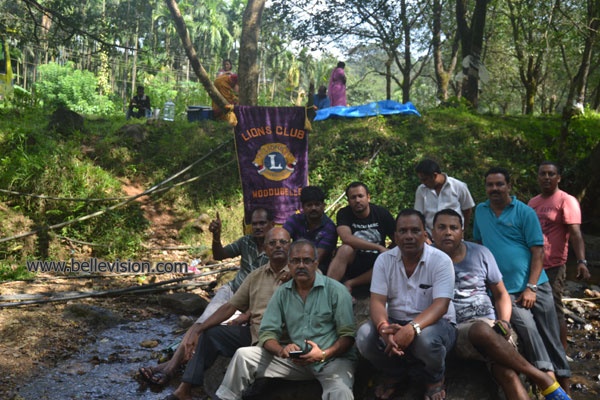
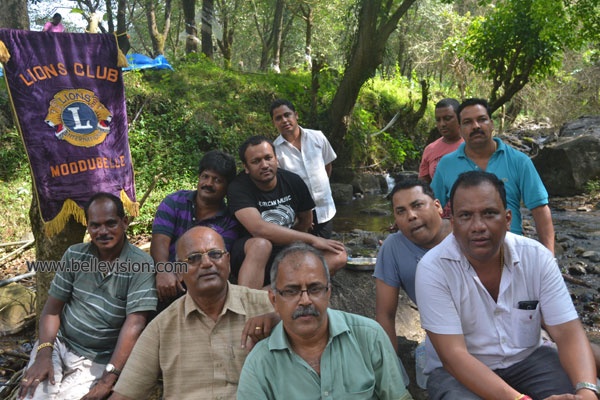
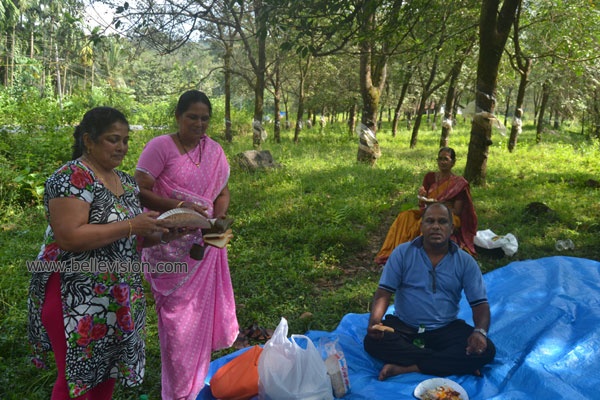
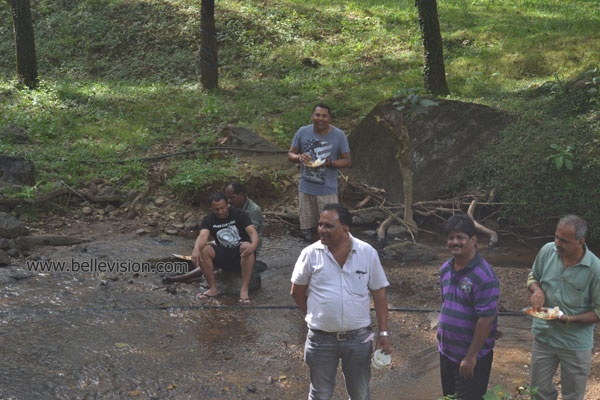
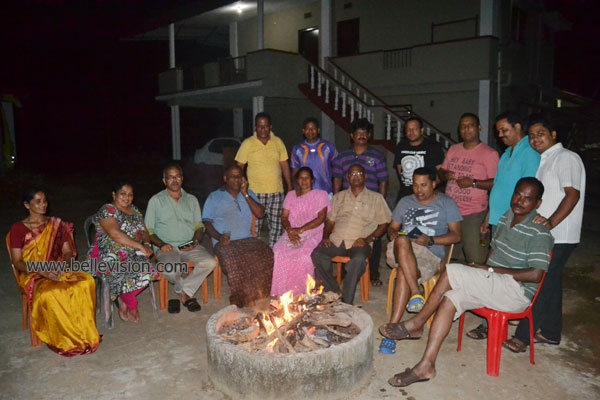
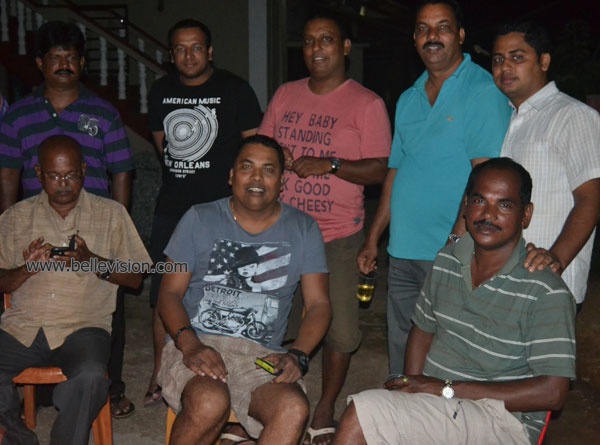
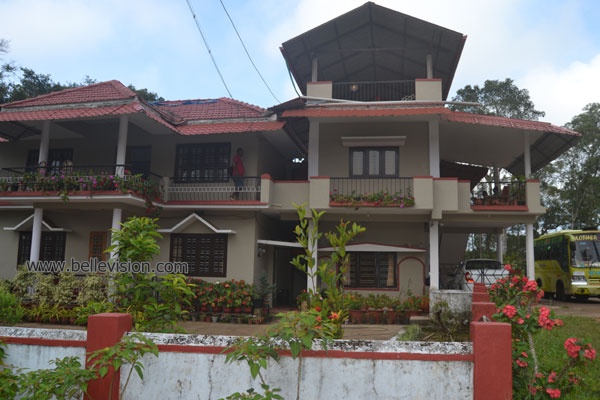
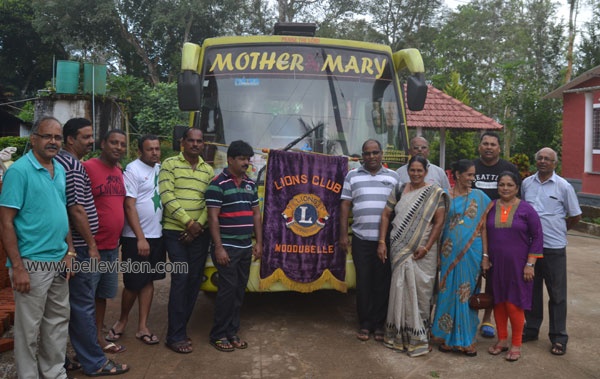
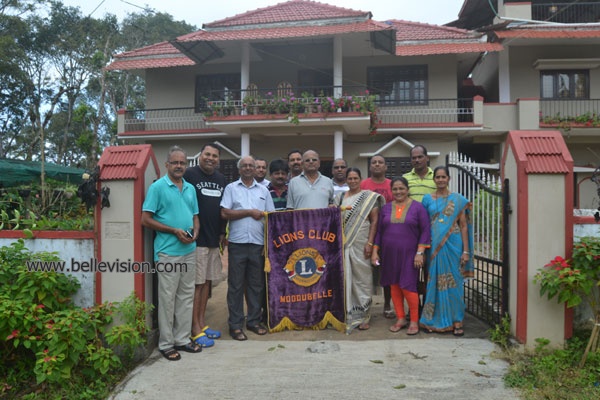
Having had good rest and sound sleep during the night, we woke up early morning and after morning routine had breakfast and started our journey towards the pre-chosen tourist destinations-Buddhist refugee settlement at Bylakuppe and Dubare Elephant Camp. To reach these destinations we had to travel to Kushalnagar, an important town in Kodagu around 30 kilometres from Madikeri.
Bylakuppe, 6 kilometres from Kushalnagar is the Tibetan Refugee resettlement and the location of "Lugsum Samdupling" which was established in 1961 and "Dickyi Larsoe" that was established in 1969. Following the occupation of Tibet by the Chinese in 1950s and the Tibetan uprising in 1959 many Tibetans who have been followers of Buddhism fled from Tibet and found refuge in different parts of India including at Bylakuppe. The Golden Temple in Bylakuppe, Karnataka, is a home for thousands of Tibetans living in exile and a centre for Tibetan Buddhism in South India.
The Tibetan refugees make up a population of about 10,000. Bylakuppe is the largest Tibetan settlement in India. The settlement set up in 1960 holds a several monasteries and temples of all major Vajrayana (Indo-Tibetan Buddhist) lineages. The largest monasteries are Namdroling (Nyingma tradition) and Sera (Gelugpa lineage). There are about 7,000 monks and nuns.
Golden Temple is a major attraction at Bylakuppe Tibetan Settlement. The gold coated Buddhist statues in the monastery are impressive and unique, explains the rich cultural heritage of Tibetans. The statues found here are Guru Padmasambhava, the Shakyamuni Buddha and Amitayus.
Agriculture is the main occupation of refugees. Moreover, they also make handicrafts, carpets and incense. Most notable among them are the large educational monastic institution Sera, the smaller Tashilunpo monastery (both in the Gelukpa tradition) and Namdroling monastery (in the Nyingma tradition). The spectacular Golden Temple which is also a major tourist spot in the area.
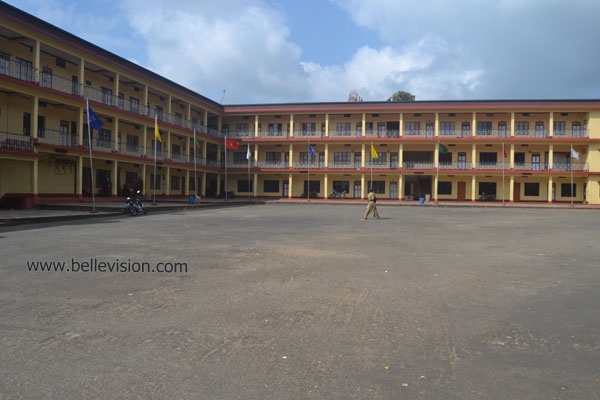
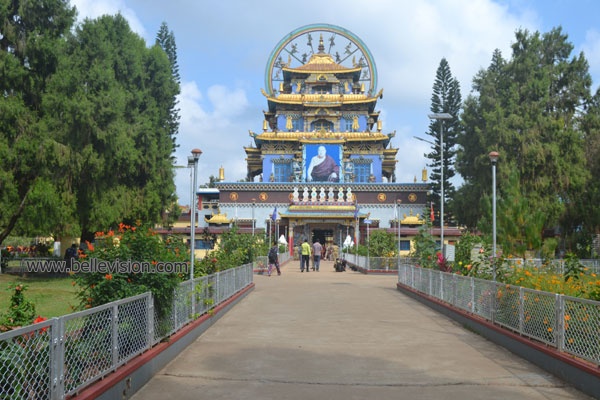
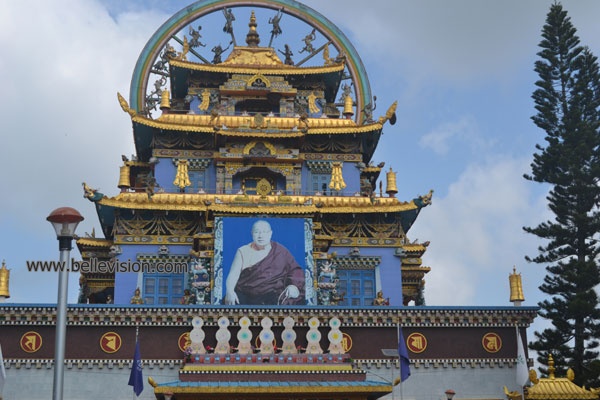
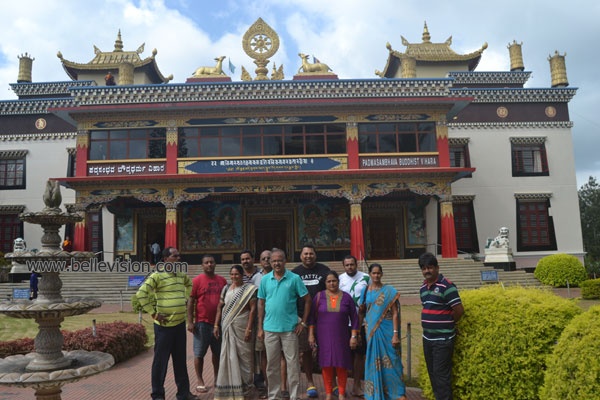
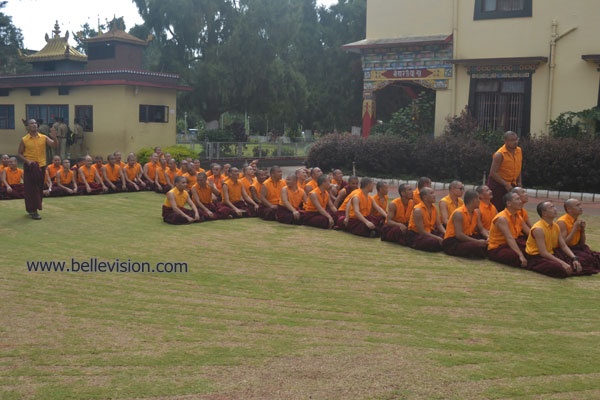
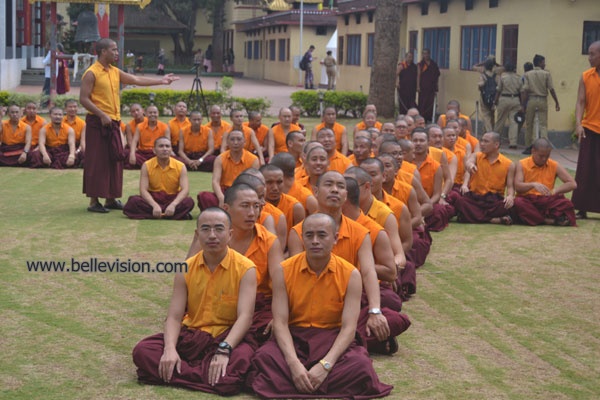
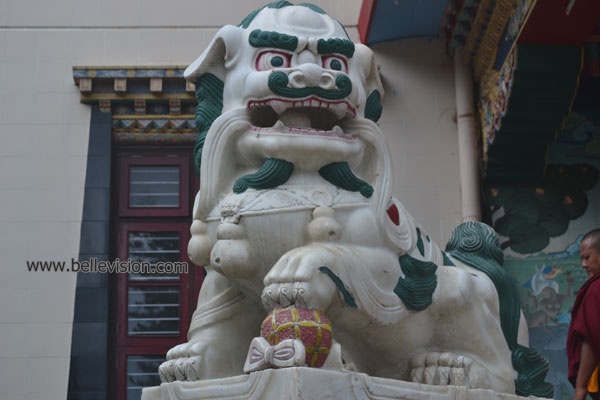
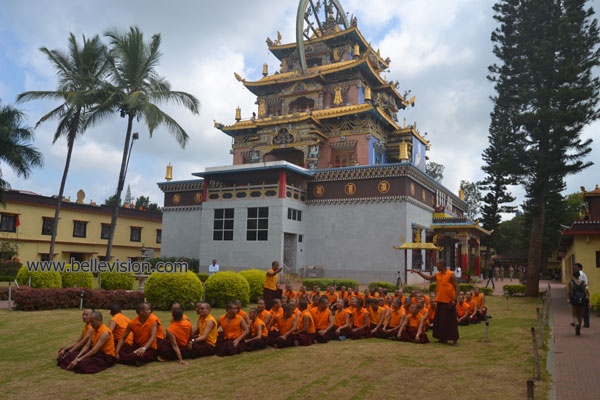
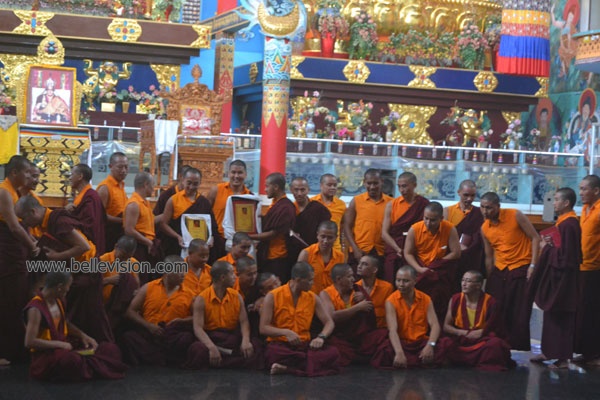
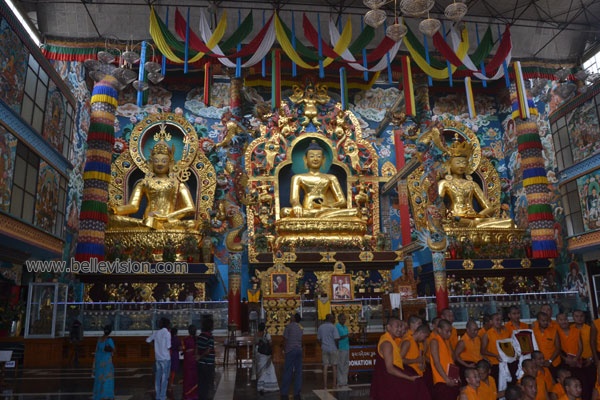
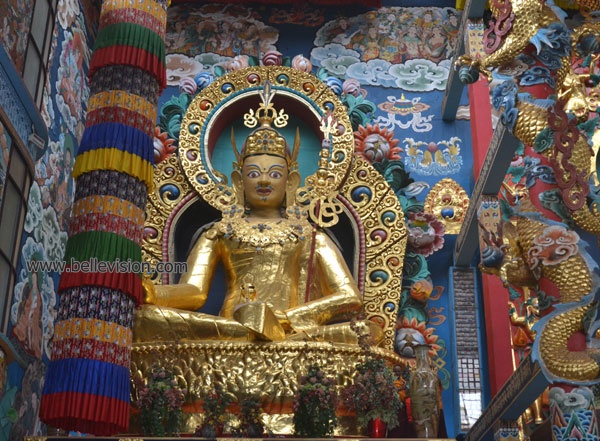
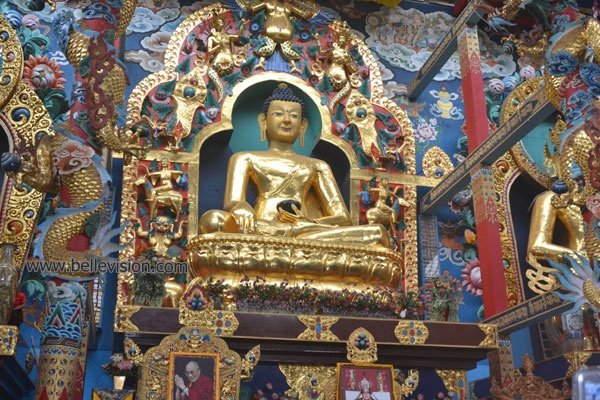
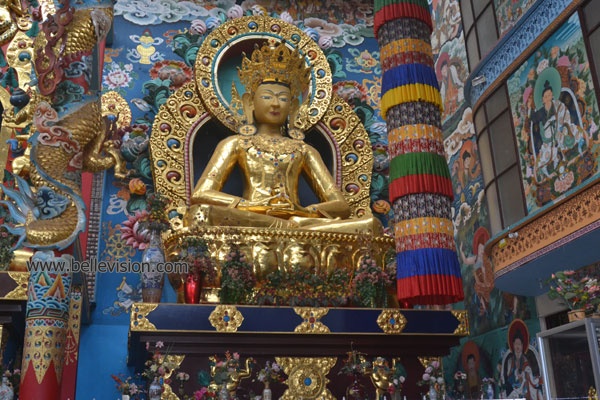
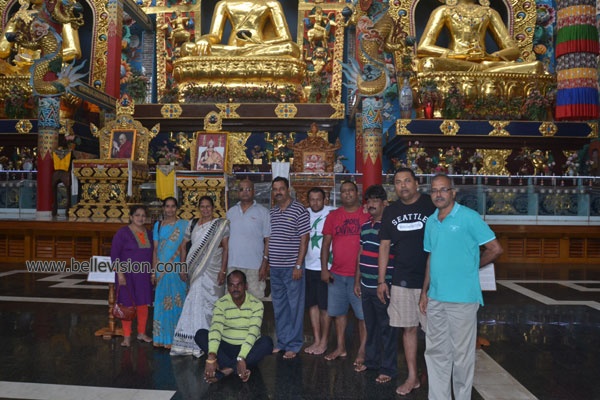
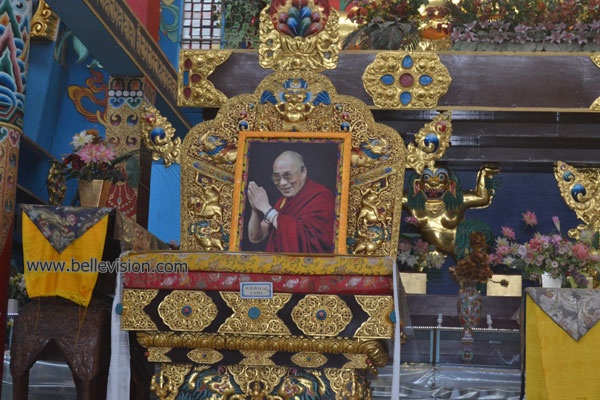
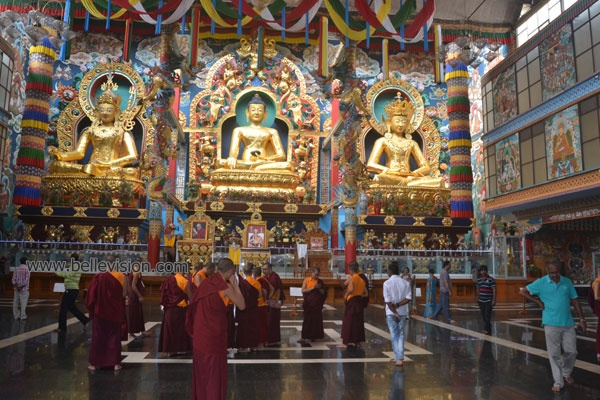
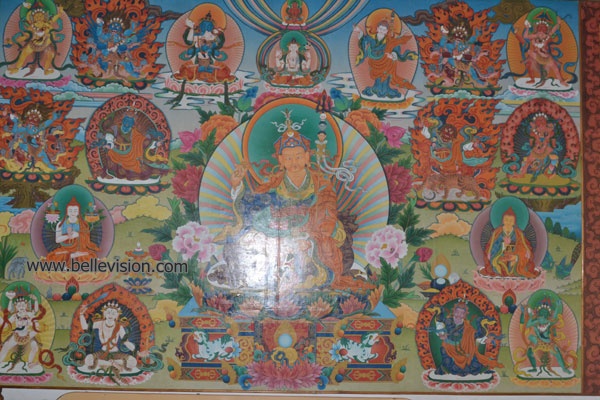
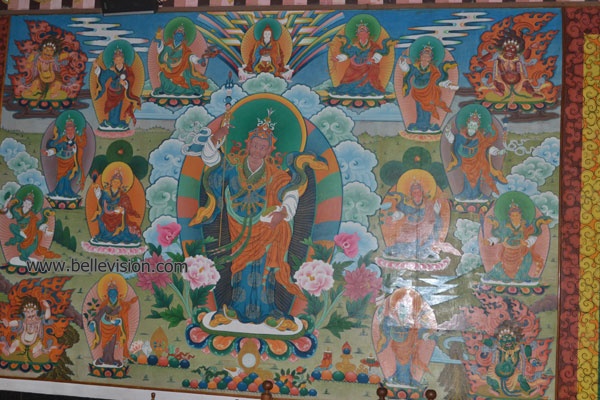
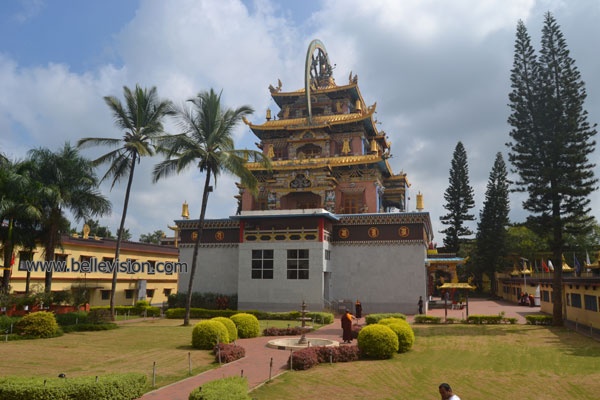
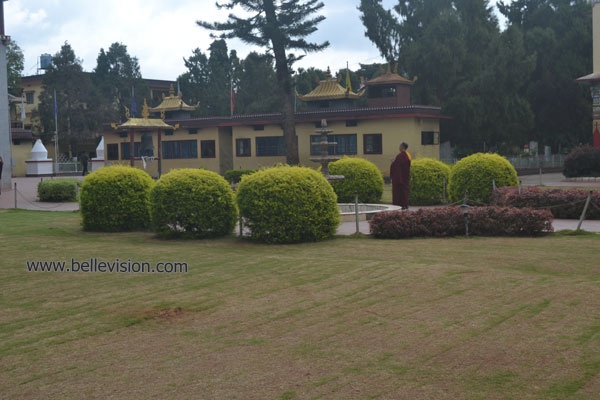
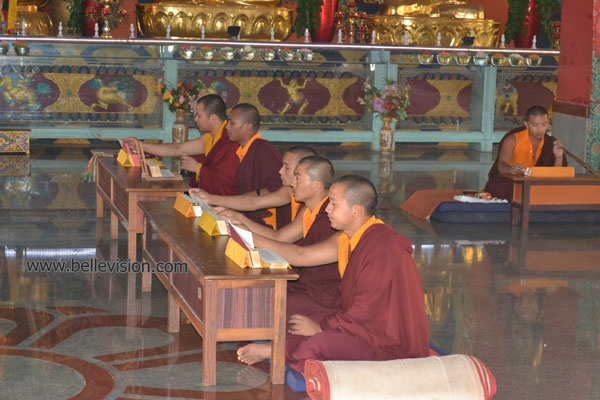
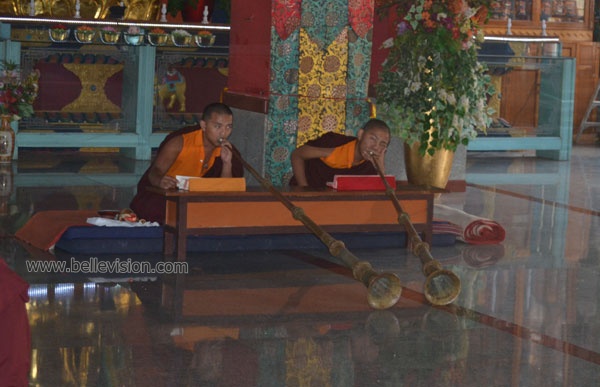
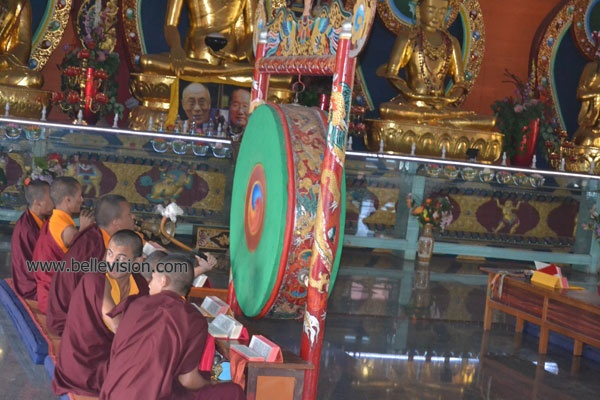
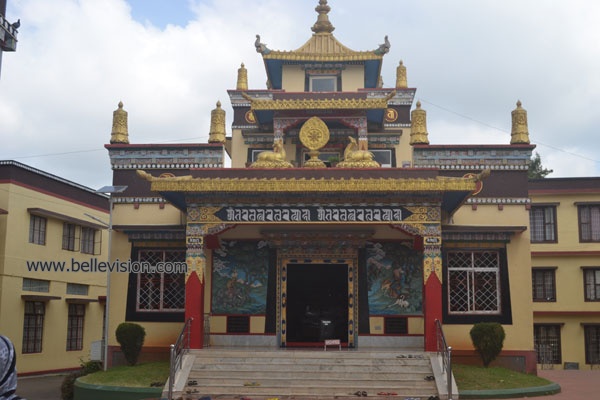
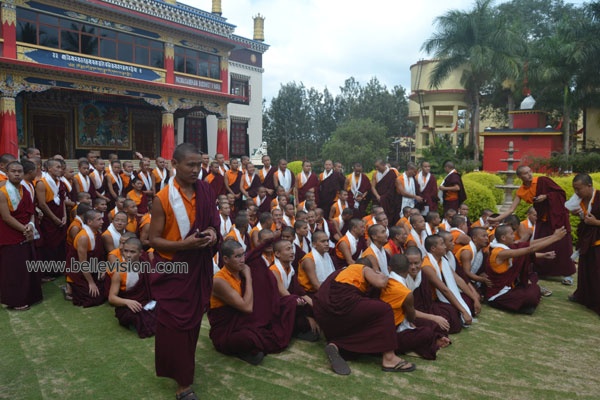
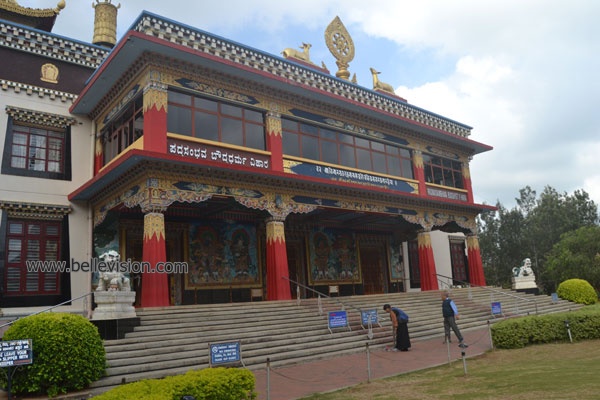
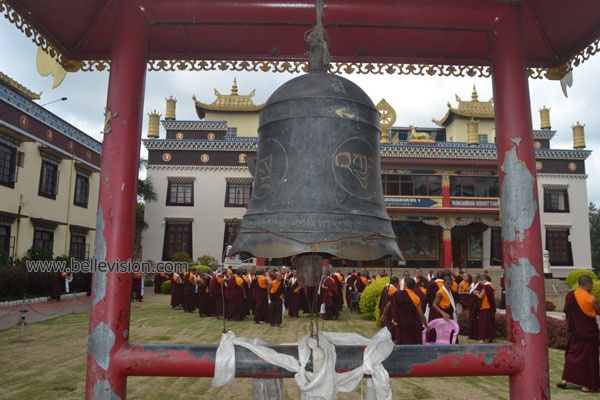
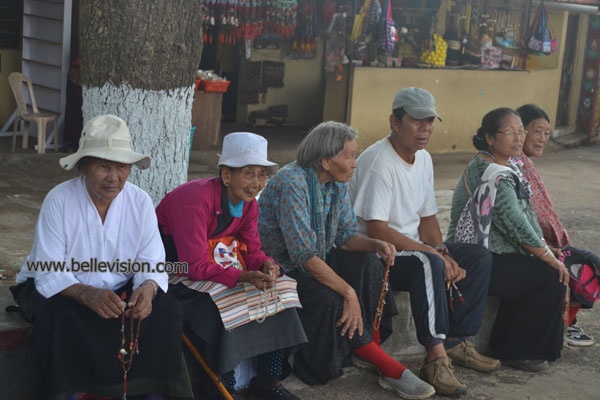
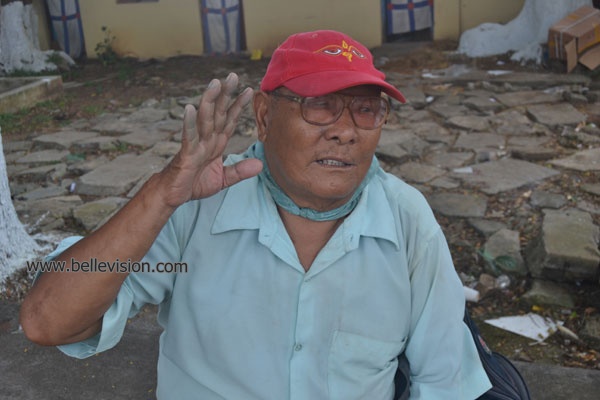
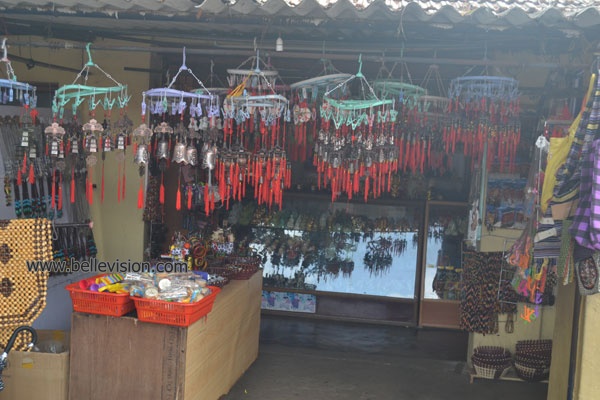
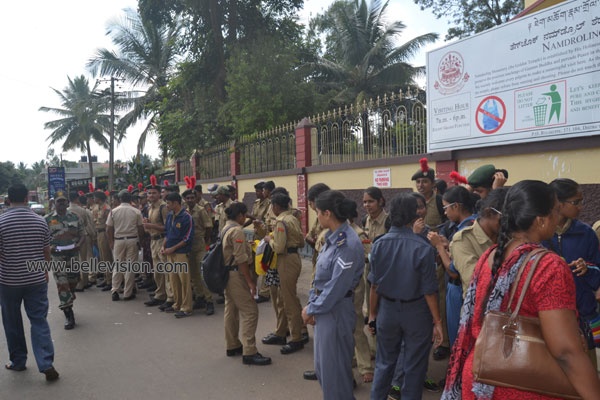
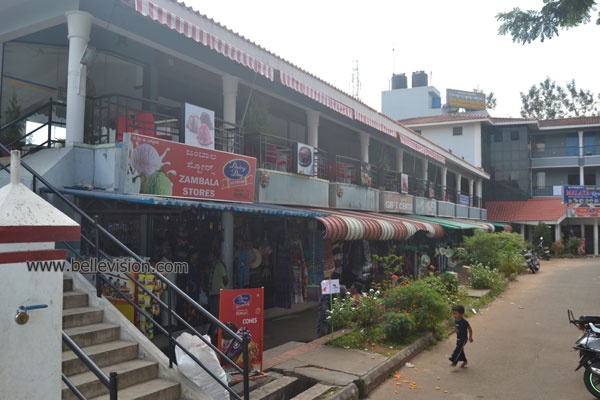
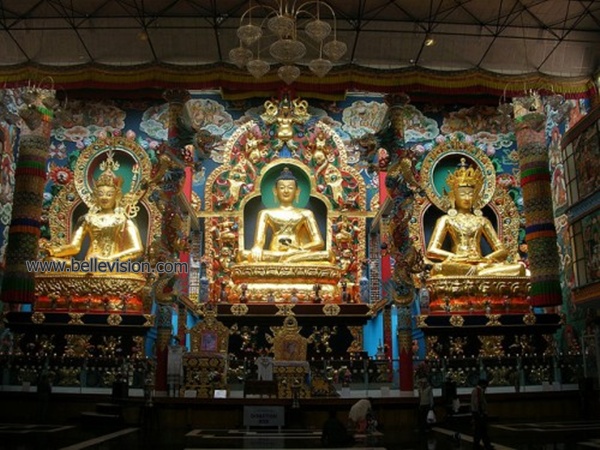
Golden Temple is the main tourist attraction in Bylakuppe. Stepping inside the temple feels like walking into another world, and the noisy streets of South India suddenly seem to be very far away. Three beautiful golden Buddha statues each of 40 Feet namely Padmasambhava, Buddha and Amitayus look down at visitors above the altar.
The walls are adorned with colourful paintings depicting gods and demons from Tibetan Buddhist mythology. The altar is decorated with flowers, candles and incense, and small birds nesting amongst the golden statues fly happily around the temple.
This place is very calm and majestic sight, surrounded by its landscaped gardens. During festivals, the main courtyard becomes an open stage where masked dancers twirl in colourful costumes to the sound of gongs and massive ceremonial trumpets.
After viewing the entire Golden Temple complex and clicking pictures including those of young monks in groups and those undergoing training I came across few elderly Tibetans seated near the exit. While speaking with one of them in Hindi, he said that he came as a refugee when he was barely 24 years old. Later he joined the Indian Air-force and was retired and gets pension. Though presently 79 years old, he still yearns for Tibet, his homeland and wants to go back if conditions improve. A group of NCC cadets who had been participating in the annual camp were also seen visiting the Golden Temple complex.
Having had a tour of the Golden Temple, we proceeded to our second destination, Dubare Elephant Camp at a distance of about 26 kilometres from Bylakuppe. It is located on the banks of River Cauvery. The Karnataka Forest Department has about 150 Elephants in various camps and Dubare has been historically an important camp. Dubare Elephant Camp has been visited by wildlife enthusiasts as well as travellers. The greatest charm of this place is that one can get close to the indisputable King of the jungle.
Earlier this was where the elephants for Mysore Dasara were trained, which is why most of the animals are quite docile. Now they are mostly used for jungle rides and for capturing rogue elephants.
Now the camp serves as a practical information centre with a trained Naturalist on hand to explain the various aspects of Elephant history, ecology and biology. The visitors can not only observe and learn but also participate in various activities involving Elephants.
Paying Rs. 30 per head we boarded the motor boat that took us to the other side of the river where the elephant camp is located. We could see the elephants being taken for bathing and being taken to their shelter. After spending some time we took the boat back to the spot.
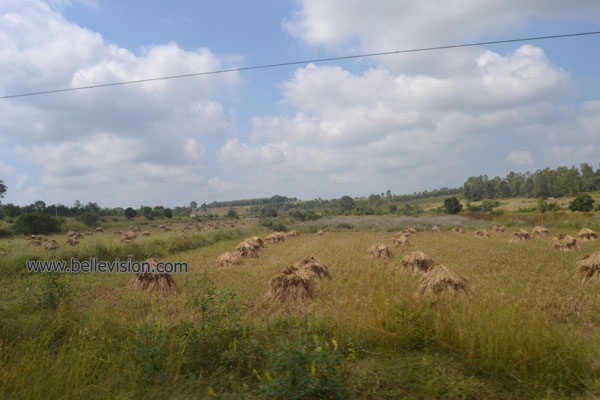
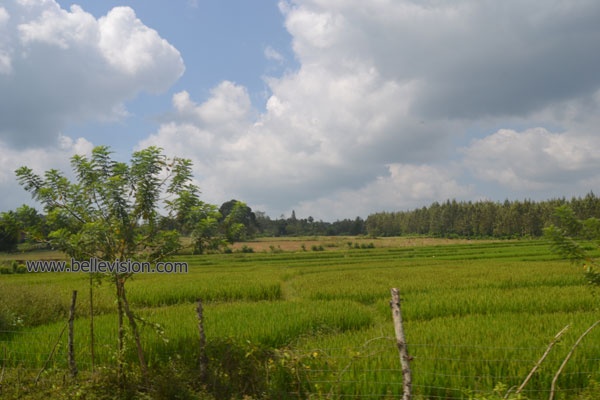
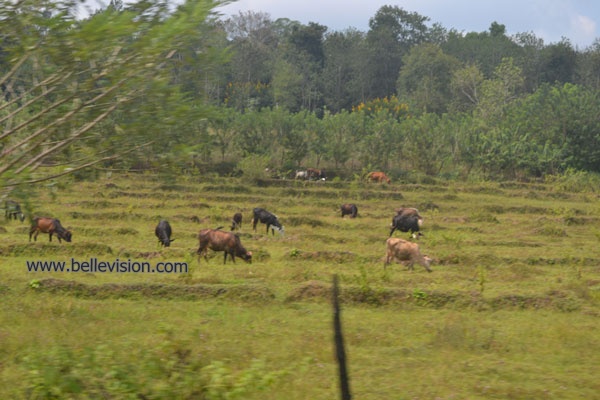
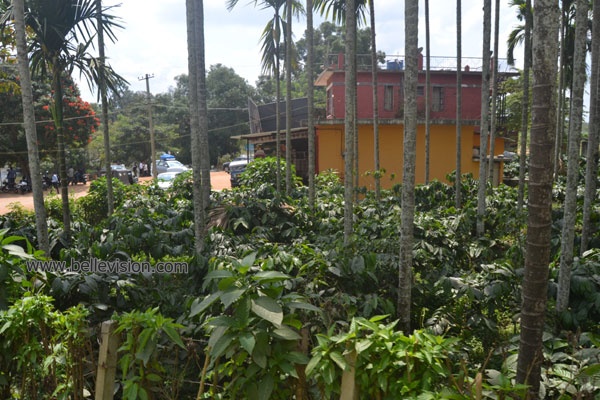
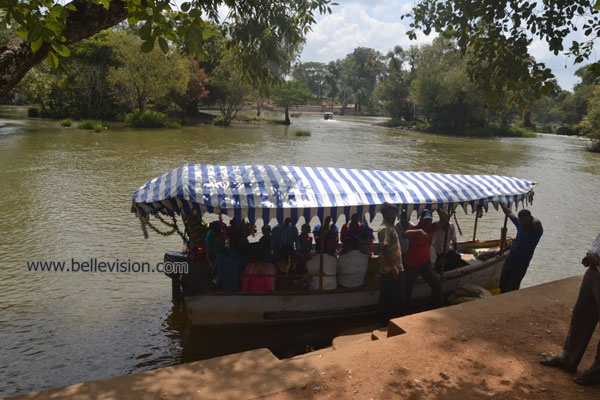
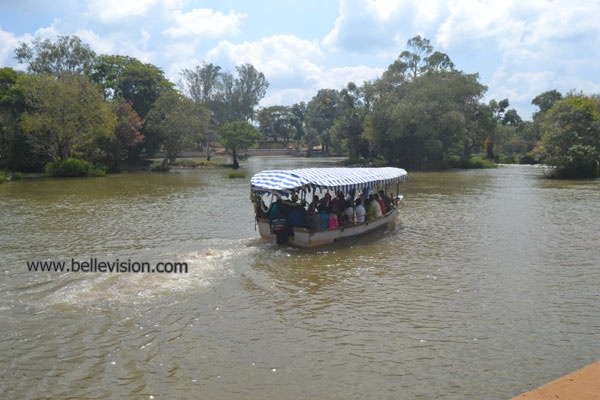
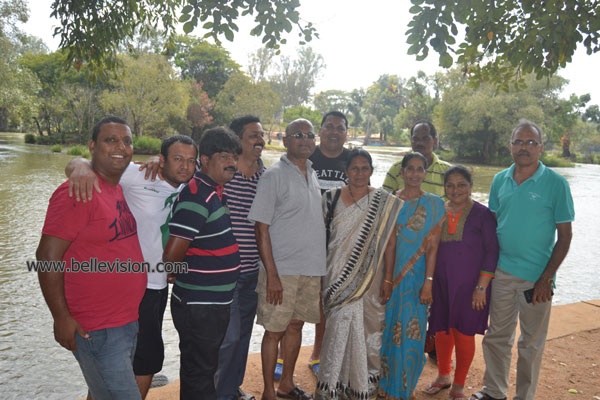
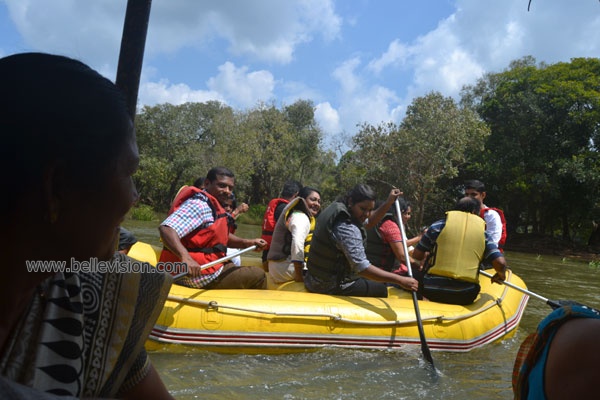
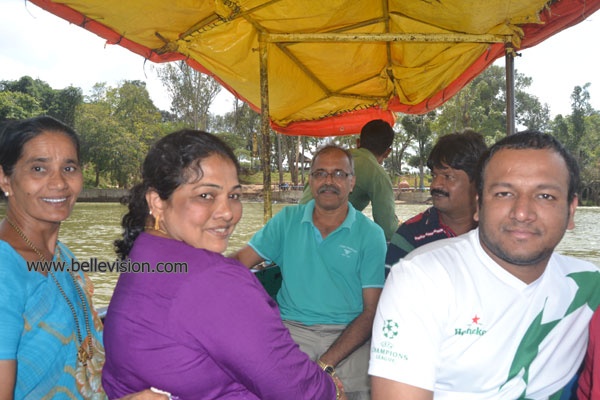
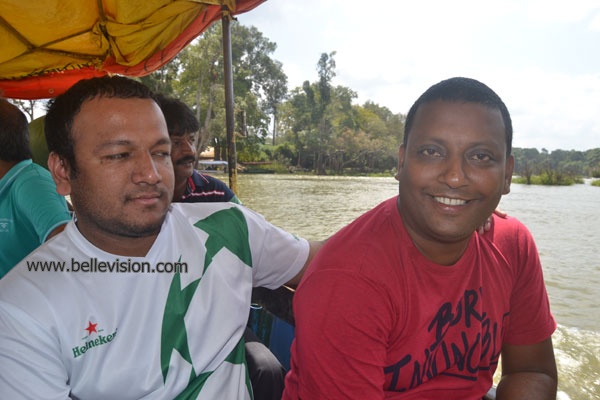
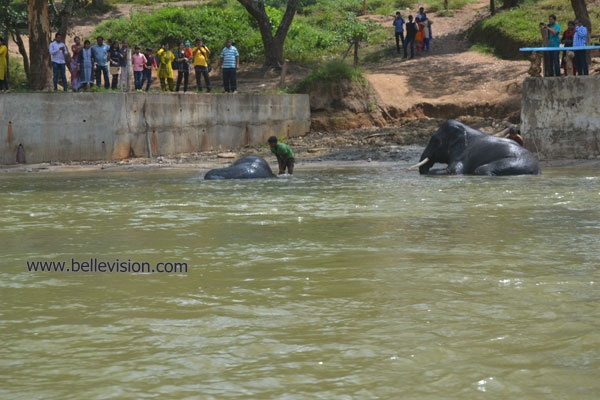
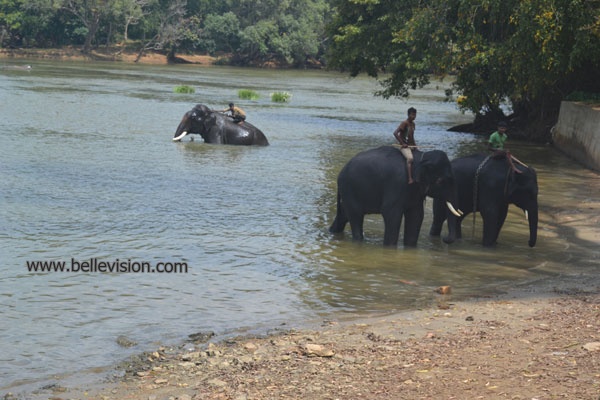
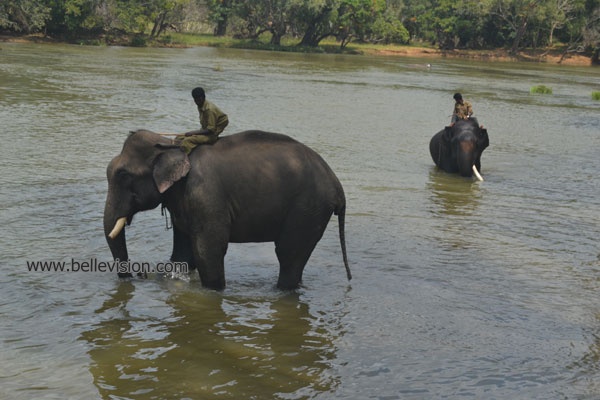
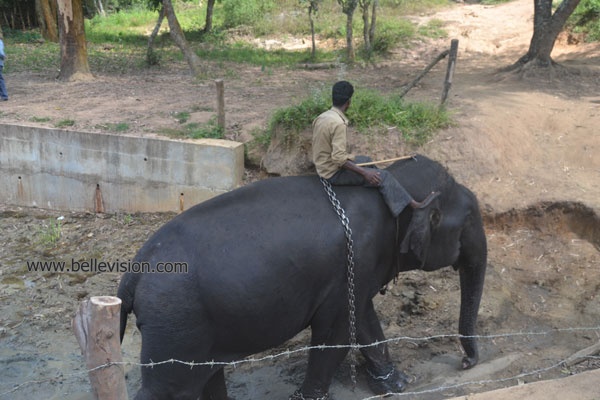
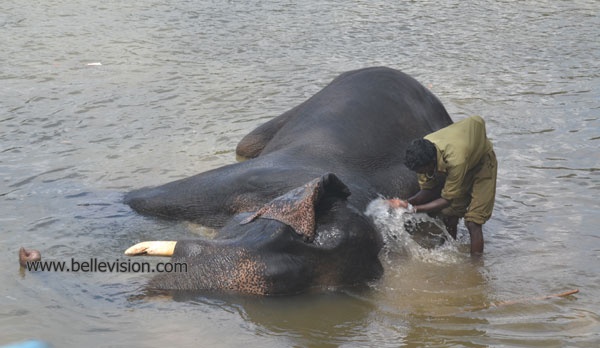
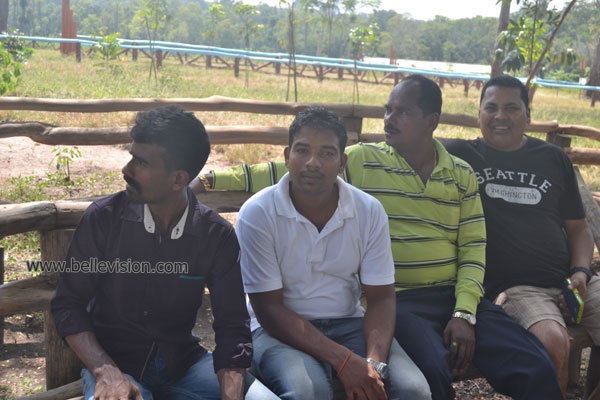
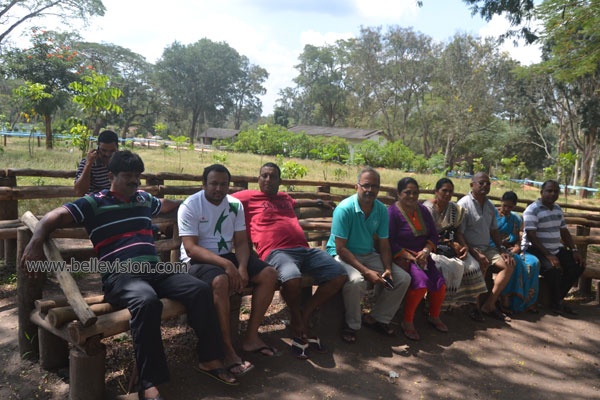
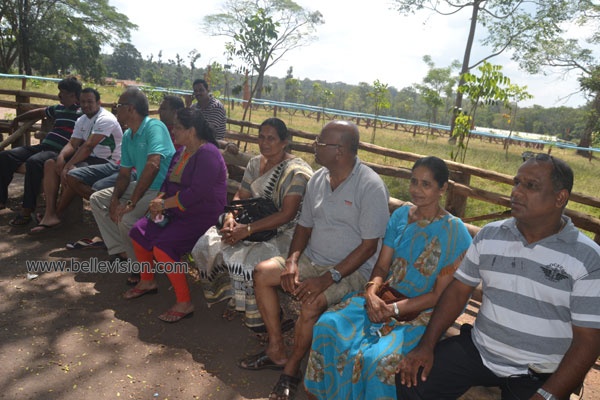
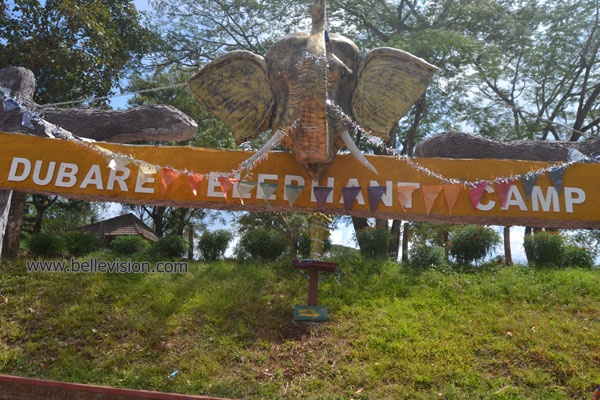
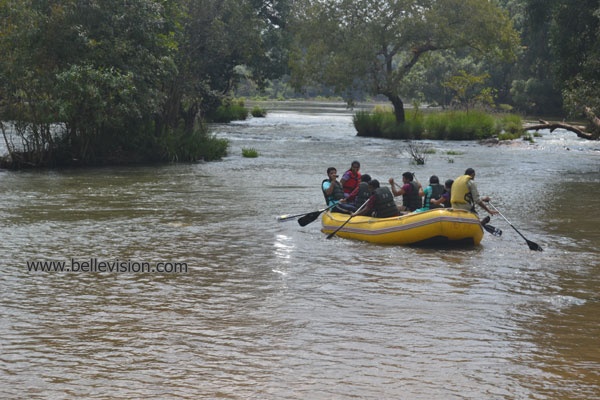
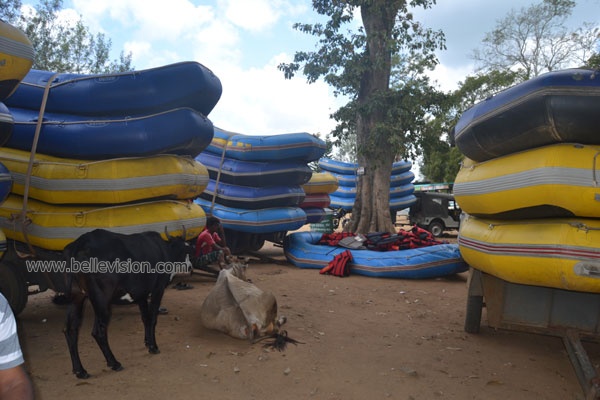
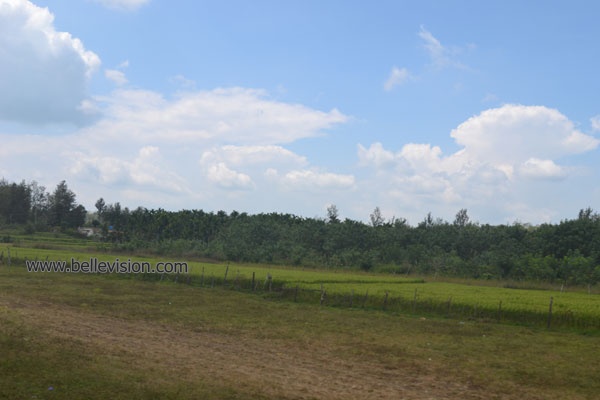
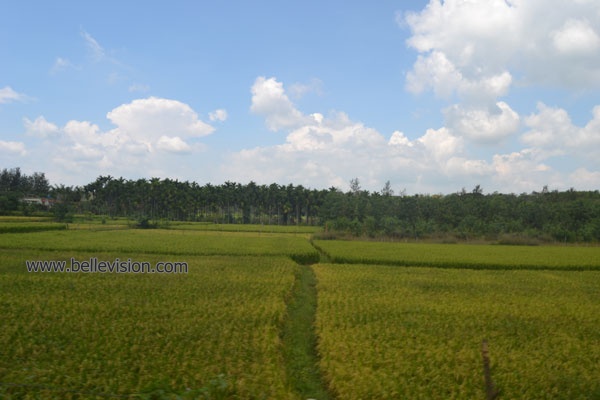
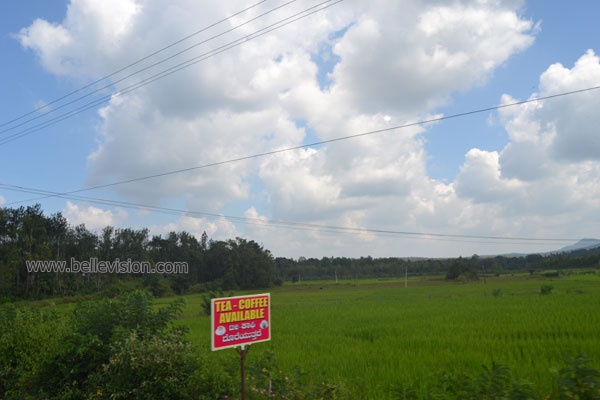
As we enjoyed the boat-ride, we could see groups of young people hiring rafts and venturing into the shallow waters. Rafting is common during the monsoon months of July, August and September, The river is wide and the rapids here are less, which makes rafting easy. There are two rafting options available for the rafters 8.5 km run and 12 km run. The longer run depends on the water level. Rafting begins near the riverside cottage at Valnoor and ends at the Last Resort at Hosapatna.
Having completed the visit to two of the important tourist destinations we started our journey back to Madikeri where we had lunch and hit the road back to Moodubelle at around 2.30 pm. We retraced the road up to BC Road and fearing traffic snarl on BC Road-Mangalore and Mangalore-Udupi highways, the driver of the vehicle took a different route via Loreto, Siddhakatte, Moodubidri, Karkala and eventually reached Moodubelle at around 7.30 pm.
The two days long tour of the Lions Club members was quite hectic but enjoyable and memorable because of the pleasant climate of Madikeri, visiting the historical Buddhist refugee settlement and Dubare Elephant Camp.